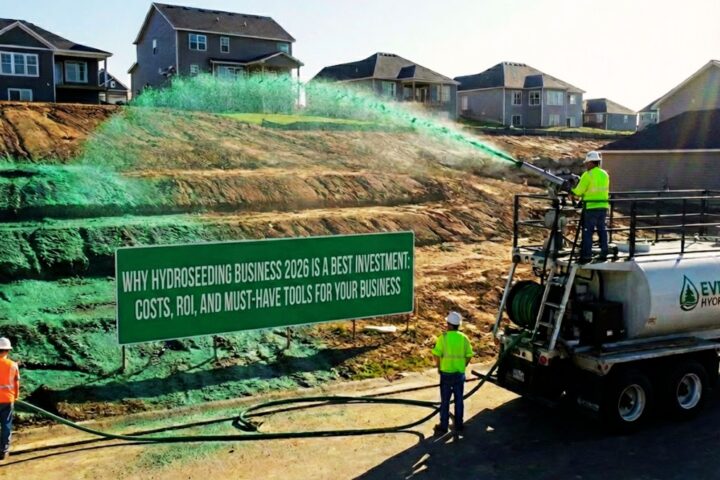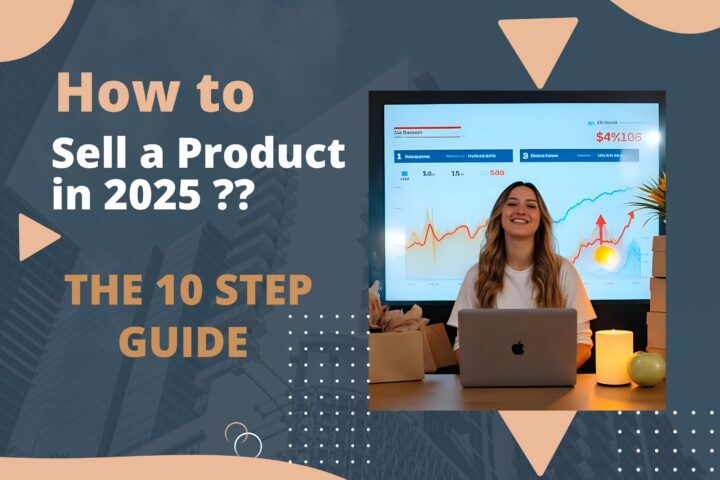When you started your small business, you were convinced it would succeed right from the start and even make you rich sooner than later. You would create a stunning website, build a subscriber/customer list, and even advertise online and offline using beautifully crafted digital and electronic business signs.
But for some reason, even the best-laid plans go horribly wrong. It’s not always your fault. The failure of your business could simply be that there isn’t much of a market for it. Before you start your business, it’s imperative you understand not only why small businesses succeed but also why they fail. That way, you can do your best to avoid doing the wrong thing at the wrong time.
According to a new article by The Motley Fool’s, The Ascent, there is something special about building and owning your own business that’s difficult to beat, regardless of the hard work that naturally goes into it. The U.S. Small Business Administration claims that 99.9 percent of U.S. businesses are categorized as small. And considering 80-plus percent of them have no employees other than the company owner, nearly half of you either own or work at a small business enterprise. In other words, small business is the beating heart of America.
Statistics don’t tell the whole story, however. The reality of owning a small business in the U.S. is that the owner places their dreams, their souls, and their hearts into making their enterprise profitable and successful. Sadly, there is always a certain percentage of small businesses that fail every year.
But failure can be prevented if you are able to recognize the signs of a failing small business early on. In other words, you need to train yourself to look for the warning signs. Here are some of the most common reasons small business startups end up going belly up.
Leveraging too Much Debt
According to The Motley Fool, a serious lack of cash flow is said to be the number one reason a business must be forced to close its doors. While the old saying “it takes money to make money” still holds true even in the 2020s, leveraging too much debt to get your business up and running translates into owing cash before you’re even bringing it in. You’ll get bill that will represent your minimum monthly loan payment (which can run in the thousands), and you’ll find you have nothing in your company bank account.
This doesn’t mean small business owners shouldn’t be expected to never take on debt, but it pays to be cautious from the get-go. You can’t expect to be making a major profit from the first day you open up to the public. It’s a better bet to assume that things will go slow for months or even a couple of years and that cash flow will not always be healthy.
This means purchasing less inventory than you might have planned originally. It also means you might be unable to provide some of the services and goods you planned on providing from the moment you first opened your doors.
To remedy this, you should focus on the business factors you can control, such as offering superior, trustworthy service. Keep overhead as low as possible (perhaps you can work out of your apartment or home). As the good word about your work spreads, you just might have the additional cash you need to purchase more inventory without accruing further debt.
No Market Exists for What You’re Selling
Maybe you love to write fiction. You come from a family of readers, and the library in the home where you grew up was stacked with books. When you told your parents you intended to be a fiction writer when you grew up, they were overjoyed. They might have even paid for you to attend writing school so you could earn your coveted MFA in Writing.
Upon graduation, you wrote a novel that sold to a major publisher for a couple hundred thousand dollars. You were not only off to a great start, but you and your talent had become a small business startup. While the smart thing to do was invest your advance money for the future so you could write more books and therefore build your inventory, you decided to go on a spending spree.
Your book sold only humbly, and no publishers would even talk with you since you did not come close to earning out your initial advance. In a word, you failed to turn over a profit, and any hope to continue as a full-time fiction writer was dashed and doomed.
There was simply no market for your words. A tough pill to swallow but an all too-true scenario.
Before entering into any business, be it freelance writing or making widgets, make sure there’s a market for it.
No Business Plan
Naturally, you don’t plan to fail as a businessperson, but it’s all too easy to fail to plan. You don’t engage in writing a business plan to impress anyone. You do it so you can be sure you’ve done your proper due diligence and you know precisely what you are getting into, especially if you plan on taking out a small business loan.
Business plans don’t have to be a major undertaking, but they do need to answer a few simple questions such as, what’s your business model, and how do you plan on making the money you need to live and pay the monthly bill on your loan?









